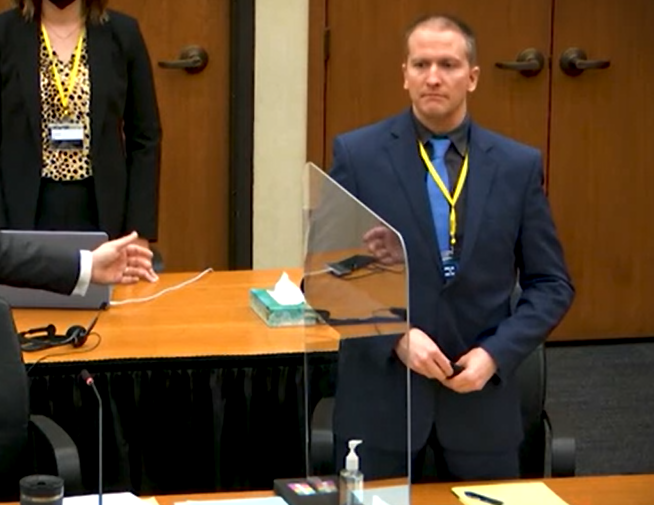
Calls for President Donald Trump to pardon ex-Minneapolis police officer Derek Chauvin are drawing reaction from Minnesota Attorney General Keith Ellison.
Ellison tells WCCO-TV a pardoning Chauvin would be a blatant disrespect of the law
"I hope that Donald Trump has enough humanity to recognize that releasing Derek Chauvin would cause untold injury to George Floyd's family and the many, many people who feel vulnerable," the attorney general says. "Because, you know, they share experiences like the one George Floyd experienced."
Chauvin's serving time on state and federal charges related to the murder of George Floyd.
Ellison says a pardon for Chauvin would also be a slap in the face to police departments which have worked to rebuild trust over the past five years and build community relationships since it happened in May of 2020.
"So, it's actually really hurting law enforcement because what you're saying is good conduct, bad conduct, it doesn't matter," says Ellison. "You get to murder people if you want to. And so for every chief and every police officer out there striving to make a better department with a better relationship with their community, it is a spit in the face to them too."
Chauvin was sentenced to 22.5 years in prison for state charges related to the murder of George Floyd, and sentenced to 21 years in federal prison for depriving Floyd of his civil rights.
Earlier this week, conservative commentator Ben Shapiro called for Trump to pardon Chauvin of his federal charges sparking a conversation around the possibility. Even if that were to happen, the president cannot pardon Chauvin on his state charges which would keep him in prison.
“It would be incredibly controversial, but I think incredibly necessary,” Shapiro said on his podcast.
Chauvin's arrest of Floyd in south Minneapolis was caught on camera and circulated widely on social media. It showed Chauvin kneeling on Floyd's neck for over nine minutes with Floyd repeatedly saying he couldn't breathe.
Following Floyd's death, protests and even riots broke out across the Twin Cities and globally over police impacts on Black people, especially Black men.
